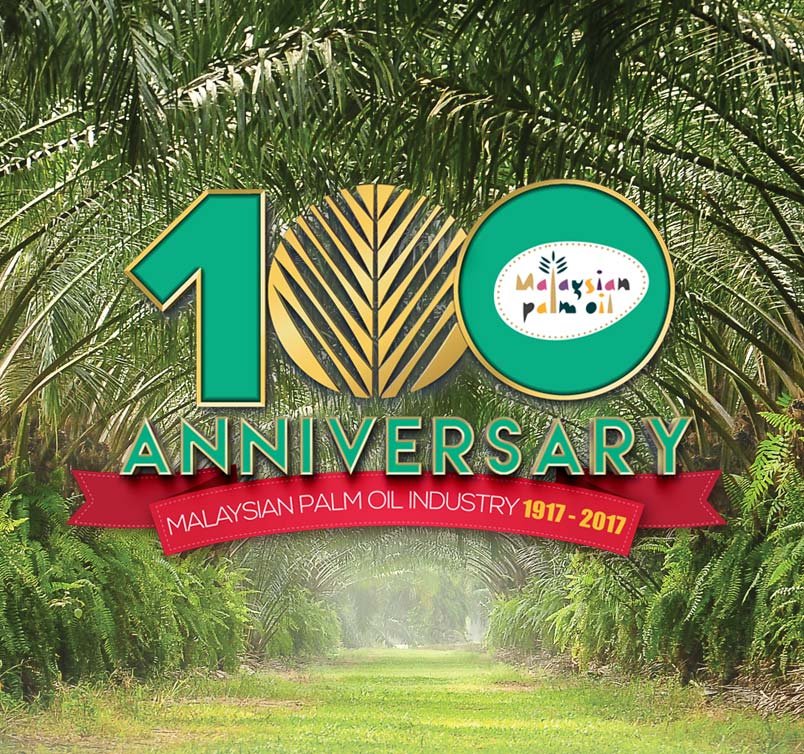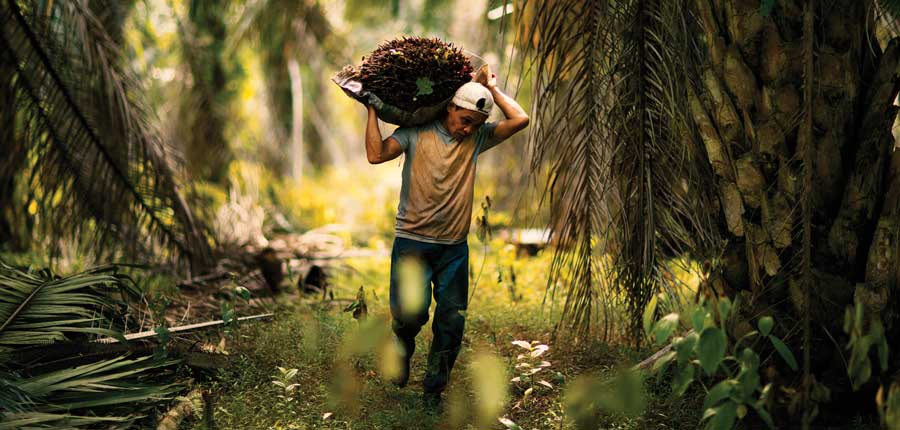



Malaysian palm oil has changed the world
February, 2017 in Issue 1 - 2017, Cover Story
If you had to pick the industry’s greatest achievement, what would it be?
A prime achievement is the success of the smallholder programme. This has transformed the lives of millions of Malaysians and brought many people out of poverty.
The Federal Land Development Authority (FELDA) was instituted on the eve of Malaysia’s independence. It began planting oil palm in 1961. In 1968, the first settler oil palm project commenced. This was a watershed moment for FELDA and for Malaysia. The idea of granting freehold land titles to participants – rather than making them contract workers – was brilliant.

This concept has set in motion a level of economic security and personal pride for generations of Malaysians. Secure land tenure and titling means families are able to use the land as collateral for loans for improvements, purchase more land, start businesses, finance their children’s education, and much more. The FELDA projects have pulled more than 100,000 families out of poverty across 30 years. By one estimate this represents more than 1 million Malaysians. Its benefits are still being felt today, especially in rural areas.
It’s no accident that Malaysia has a significant middle class today and that the country is considered an upper middle-income country. Palm oil has played a major part in this. The success story of Malaysia is linked to the success story of its palm oil industry.
Do you think Malaysian palm oil is sometimes under-appreciated?
Yes. It is often overlooked that Malaysian palm oil has almost single-handedly changed both the global vegetable oil and oleochemical markets. The work undertaken by Malaysia from the 1970s in terms of research, product development, branding, promotion and marketing established the foundations of a thriving industry.
In 20 years from 1962, the global market for palm oil increased by almost 500%. This was because we tailored products for specific export markets, and did so efficiently. In doing so, we were able to capture a larger share of the world’s edible oil market.
When the Malaysian oleochemicals industry was launched in 1979, its impact was also significant. What we sometimes fail to appreciate is that our products were so competitive that they prompted companies in the US and Europe to move away from using feedstocks such as tallow and only use palm oil products. Malaysian palm oil has really changed the world.
The downside is that palm oil was then – and still is – considered a threat by many industries in other countries. This has led to some difficult times, with sustained protectionist campaigns against palm oil, especially in Europe. But the centenary year is a time to remember the successes and to congratulate the industry for its growth and prosperity.